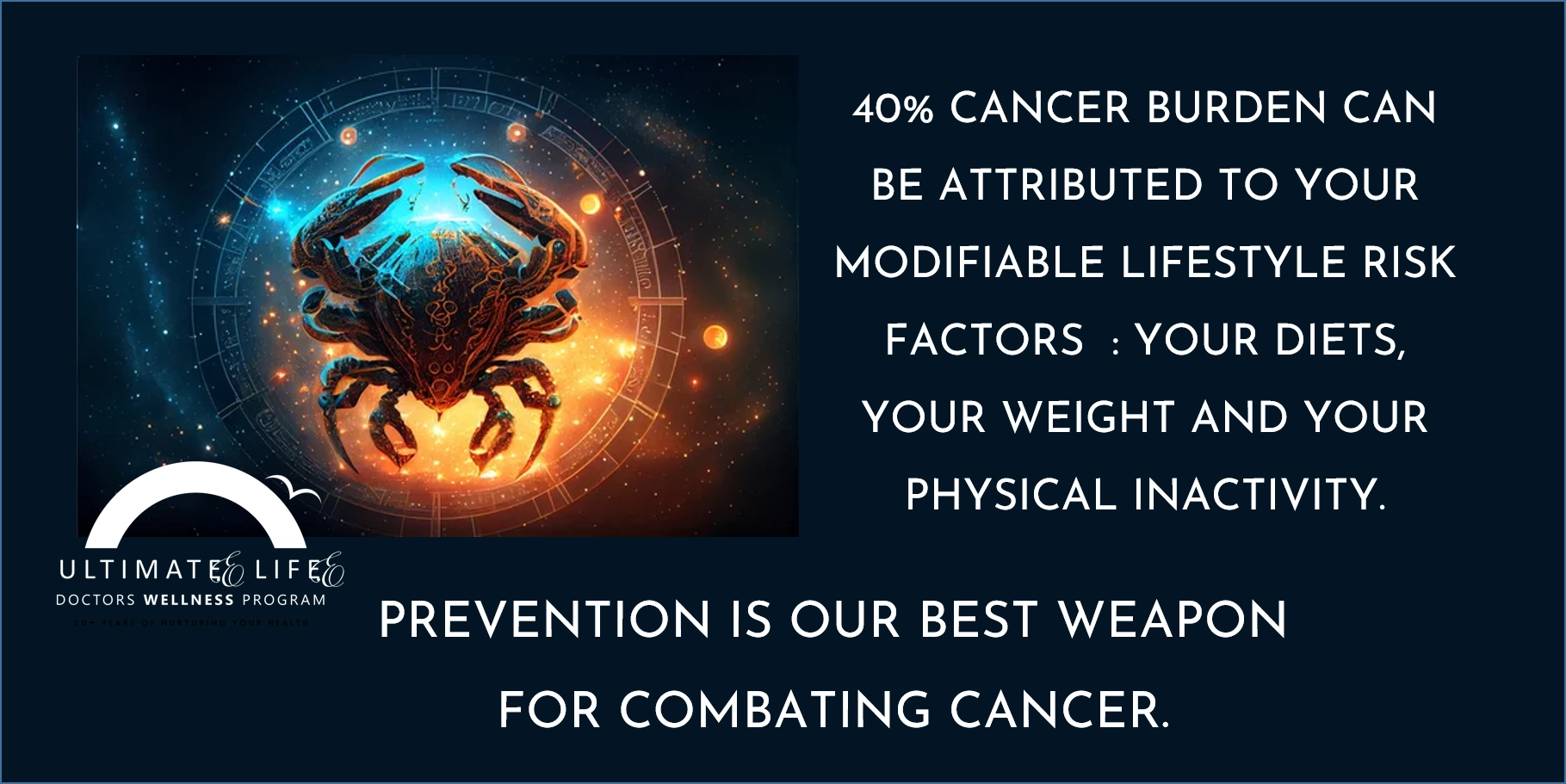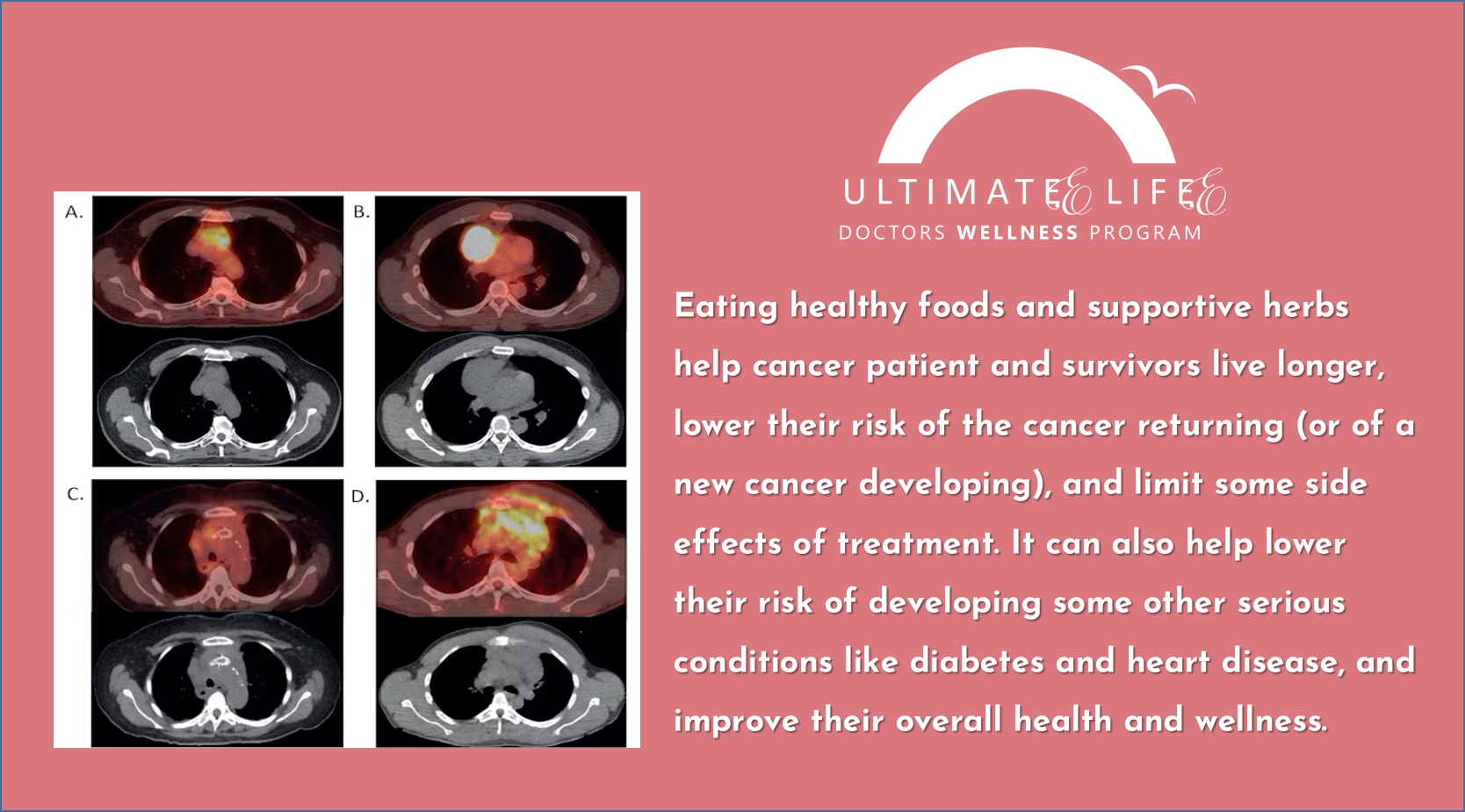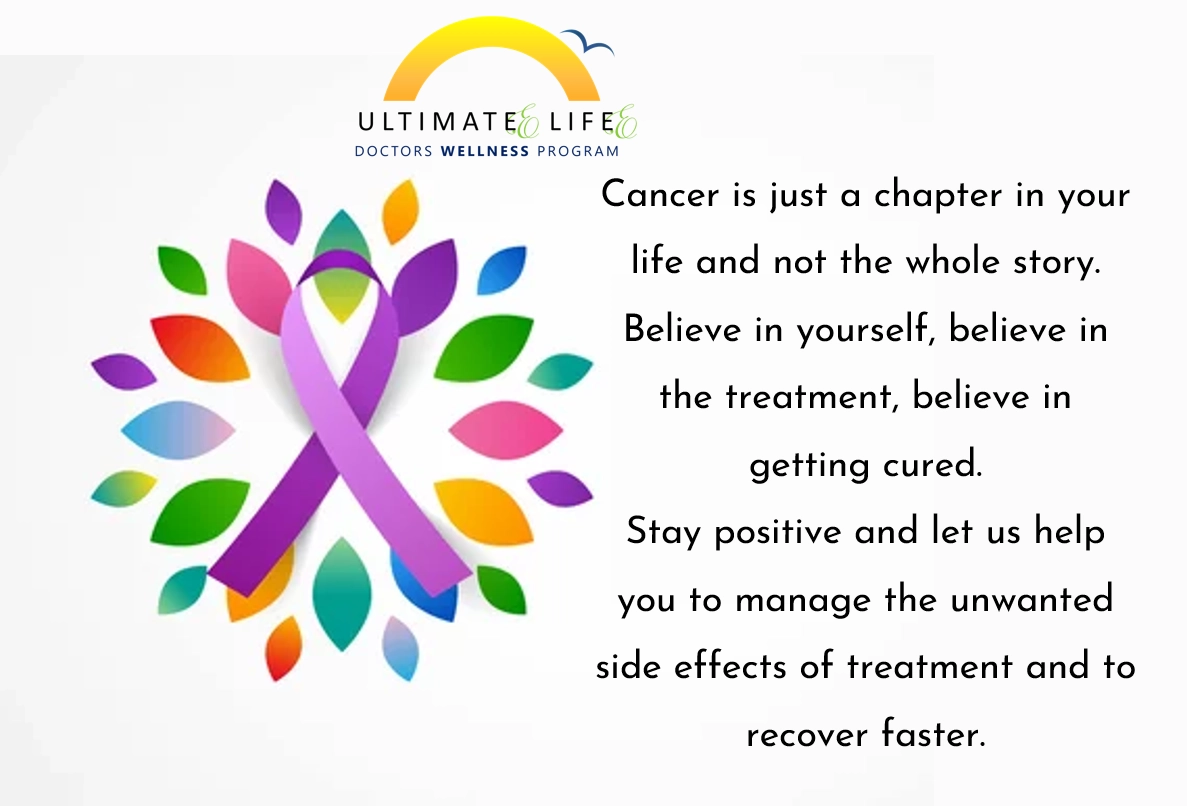Cancer

Cancer
Cancer diagnosis can affect the emotional health of patients and families. There’s anxiety, distress, and depression. Even after completing treatment, cancer survivors often require care from multiple specialists and care providers to manage the long-term sequel of the illness and its treatment.
In simple terms, cancer is an abnormal growth of body cells. Cells die once they become too old or damaged, and newly formed cells replace them. Cancer develops when the body’s normal control mechanism stops working. The body normally eliminates cells with damaged DNA before they turn cancerous. But the body’s ability to do so goes down as we age. This is part of the reason why there is a higher risk of cancer later in life.
Cancer disrupts the cellular destruction and renewal process. As a result, new cells become increasingly abnormal, and old cells continue to thrive when the body should destroy them. New cells form when there is no need for them.
These excess cells can begin to divide uncontrollably, forming tumorous growths. These extra cells may form a mass of tissue, called a tumor. Cancer cells can also “hide” from the immune system, which normally destroys and removes abnormal or damaged cells. They produce blood vessels in the growth to supply oxygen and nutrient needs as the tumor grows.
Furthermore, cancer cells can also sometimes influence healthy cells, blood vessels, and molecules that nourish and surround these tumors.
Cancer cells can break off from the primary tumor to form new tumors. If they reach the bloodstream or lymphatic system, they can travel throughout the body. The cells are then able to form new tumors in organs and tissue far from where it started and is called metastasis.

SIDE EFFECTS DURING CANCER TREATMENT:
Cancer treatments, like chemotherapy and radiation, work by destroying cancer cells. In the process, they can also damage healthy cells, causing side effects.
Knowing what side effects to expect and how to manage them empower you to cope with cancer treatments more effectively.
Neutropenia or Low Neutrophils: Neutrophils are a type of white blood cell that helps
your body fight infection. Low Neutrophils puts you at a high risk for infection. Cancer
treatments, like chemotherapy, destroy cancer cells. They also destroy healthy neutrophils
and the bone marrow that makes them. If very low, your treatment can be stopped till the
number improves.
Neutropenia is a common side effect of chemotherapy.
Fatigue is the most common side effect of chemotherapy and radiation. During treatment, your body is not only fighting cancer, but it’s also working to repair cell damage from treatment. As a result, you may feel too drained to carry out your usual activities.
Hair loss: Hair follicles are sensitive to radiation and chemotherapy. Although you may experience permanent hair loss, hair usually grows back in 2-4 months.
Skin: Chemotherapy and radiation therapy can cause skin irritation, itchiness, dryness, redness and swelling. These treatments can also cause your skin to change color or darken. Radiation therapy may cause skin sores on body parts receiving radiation that you need to monitor for infection. Skin rashes, including hand-foot syndrome, are common during chemotherapy. Chemotherapy may also make you sensitive to sunlight, increasing your risk of sunburn.
Nausea, vomiting and diarrhoea: Both chemotherapy and radiation therapy can cause diarrhoea, nausea and vomiting.
Loss of appetite or difficulty eating: You generally lose your appetite or have trouble eating because of changes in your sense of taste due to chemotherapy drugs. Mouth sores and a sore throat are common chemotherapy side effects. Some people receiving chemotherapy experience heightened sensitivity to hot and cold foods.
Trouble remembering and concentrating: It’s common during cancer treatment to experience trouble thinking, concentrating or remembering. The stress of a cancer diagnosis can make it more challenging to think and concentrate. You may be able to carry out your routine, but it may take longer than it once did.

AYURVEDIC APPROACH TO CANCER SUPPORTIVE CARE
The samprapti (pathogenesis) occurs due to various causes, such as repeated exposure to environmental toxins, which are pitta provoking factors at the deeper cellular level. In Ayurvedic pathogenesis, vata is the active dosha and is involved in the process of metastasis. Kapha is responsible for the abnormal growth of the cells creating the malignant tumor, and the tejas component of pitta enhances the metabolic activity of the cancerous cells. The malignant tissue has strong agni.
According to Ayurveda, cancer is a tridoshic disorder which has the capacity to spread due to the interplay of abnormal vata, pitta, and kapha.
Post-chemo, post-radiation, sharirik bala (physical strength) and satva balam (mental strength) are low. Whole body is going to feel absolutely devitalized, exhausted, and unable to cope with day-to-day maintenance, with its vital functioning, sharirik bala (physical strength) and satva bala (mental strength) are low. When they are low, recovery is not easy.
With chemo or radiation therapy, You may kill the cancer cell, but the usual outcome is damage to healthy cells and body systems. When one system is weak it will contribute to weakness in other systems, since all the systems are interconnected.With the damage happening, your efficiency goes and degeneration occurs. There will be a chronic state of low-grade inflammation in the system.
An Ayurvedic approach to cancer supportive care focuses on restoring equilibrium, building mental and physical strength, and rejuvenation.
In Ayurveda, herbs, food and lifestyle are the three controllable reasons for health creation. You have to eat food, take appropriate herbs to address the health issues to increase vitality. When you follow an appropriate diet and routine, you are enhancing your health.
How we can help?
Cancer patients undergoing radio or chemotherapy, experienced lower side effects with supportive herbal remedies and dietary guidelines and have better recovery post treatment.
We can help you identify what changes or support you need for your overall wellness.
Our approach involves a thorough assessment of your health status, what your body needs, address risk factors, best dietary options for positive health outcomes and supportive herbs manage the side effects of the treatment and to help recover faster.
We’re here to Help You Find Answers and Feel Better.
Contact us today to schedule a consultation and learn more about how we can help you.